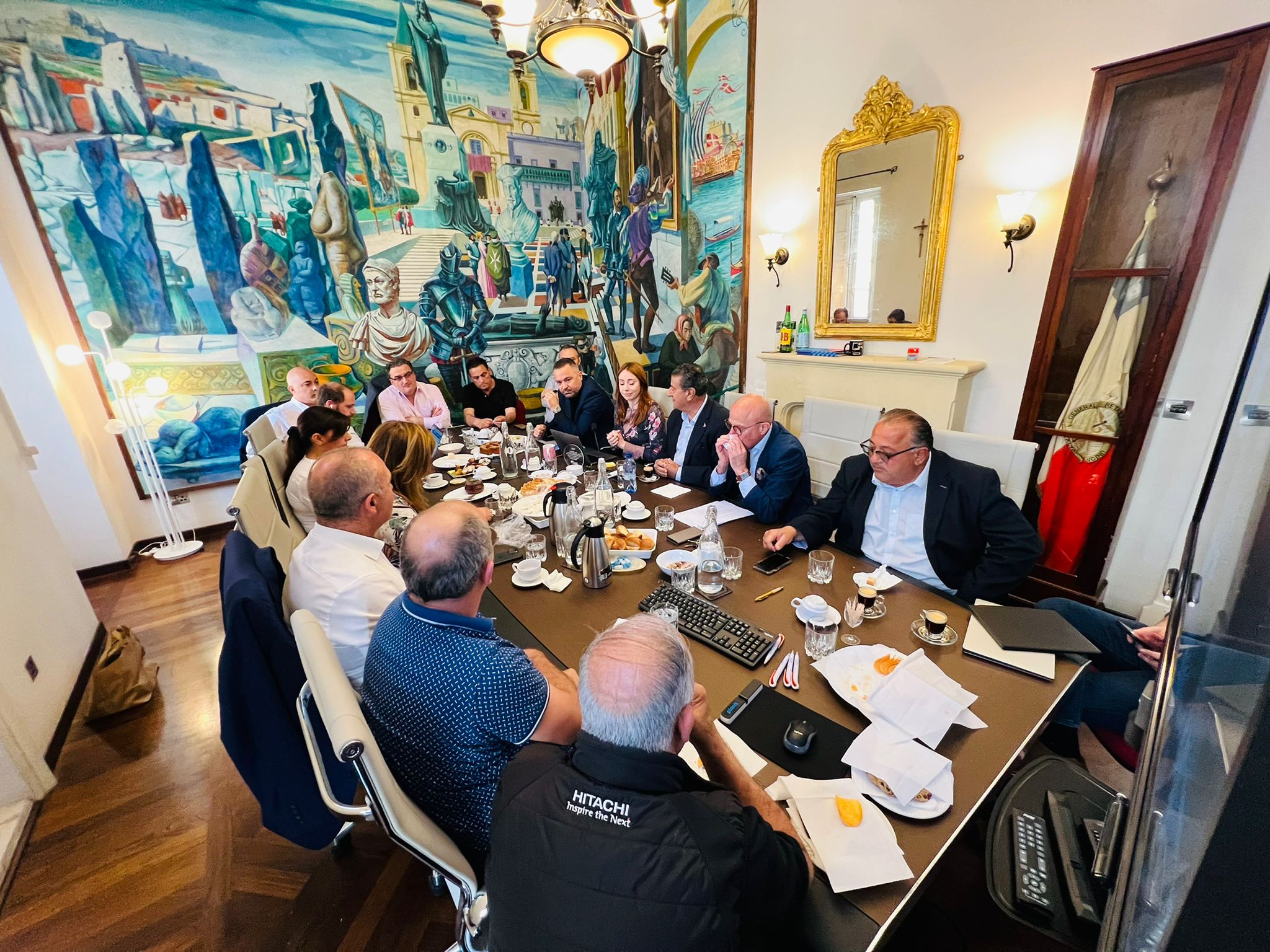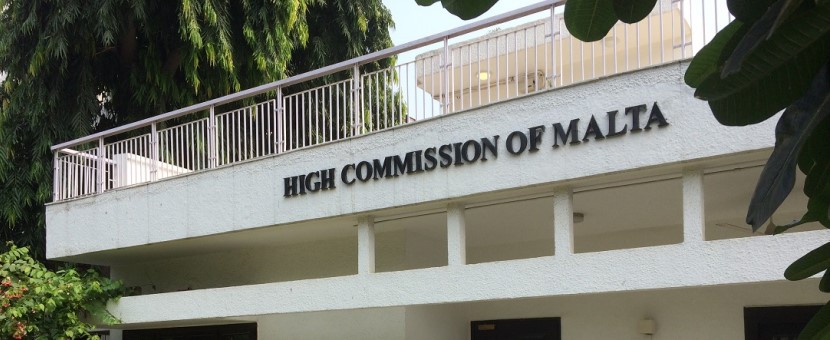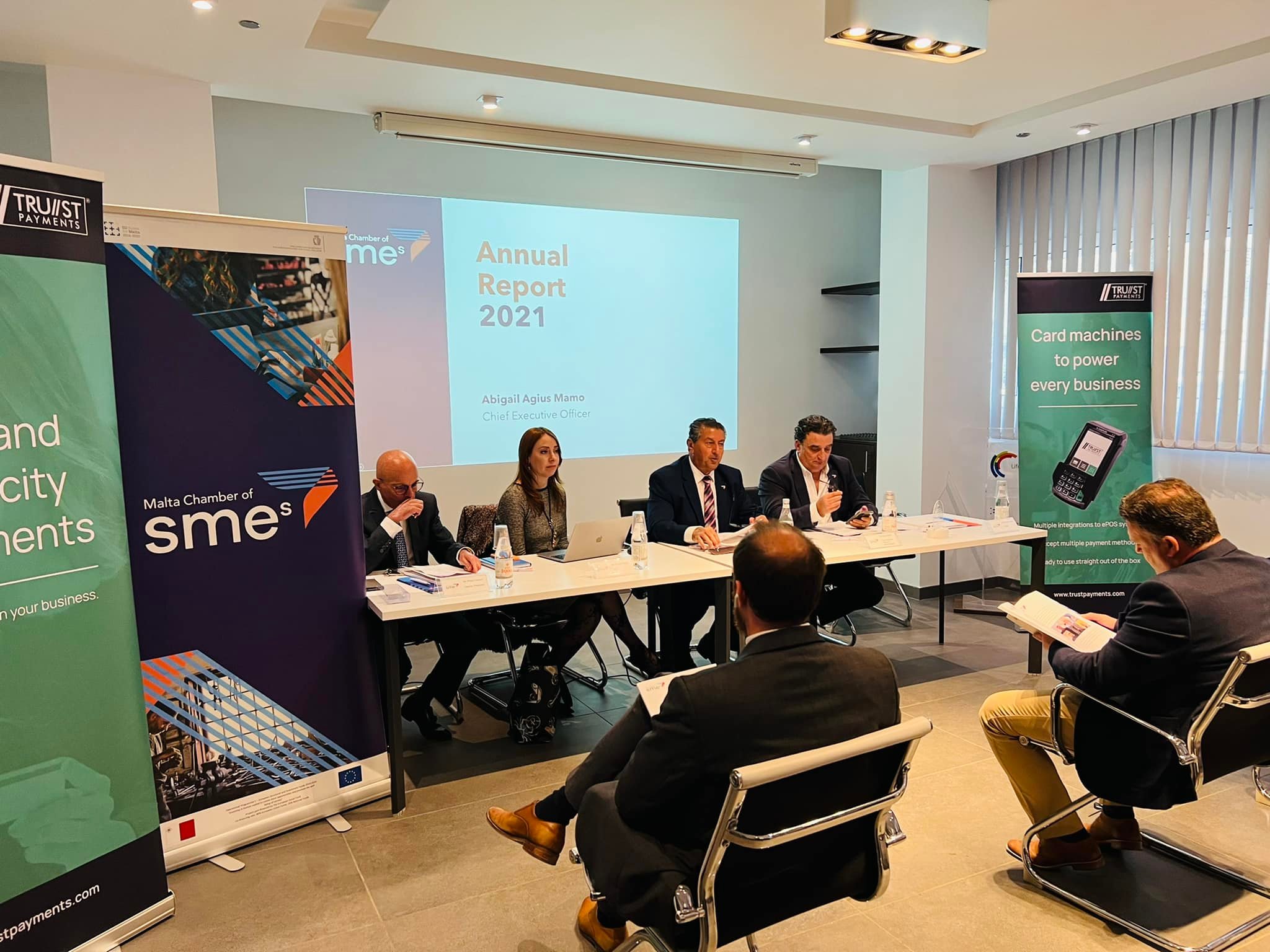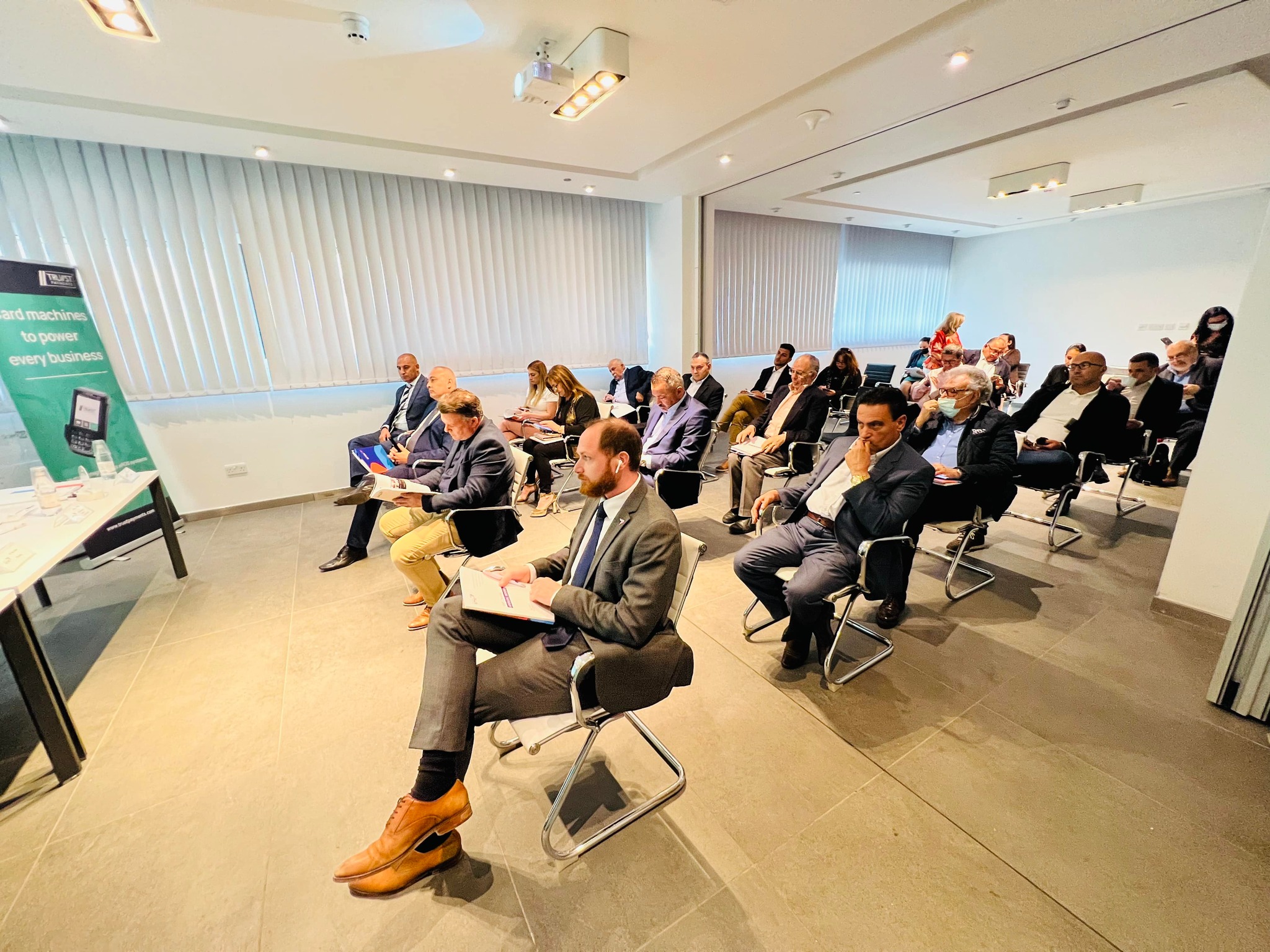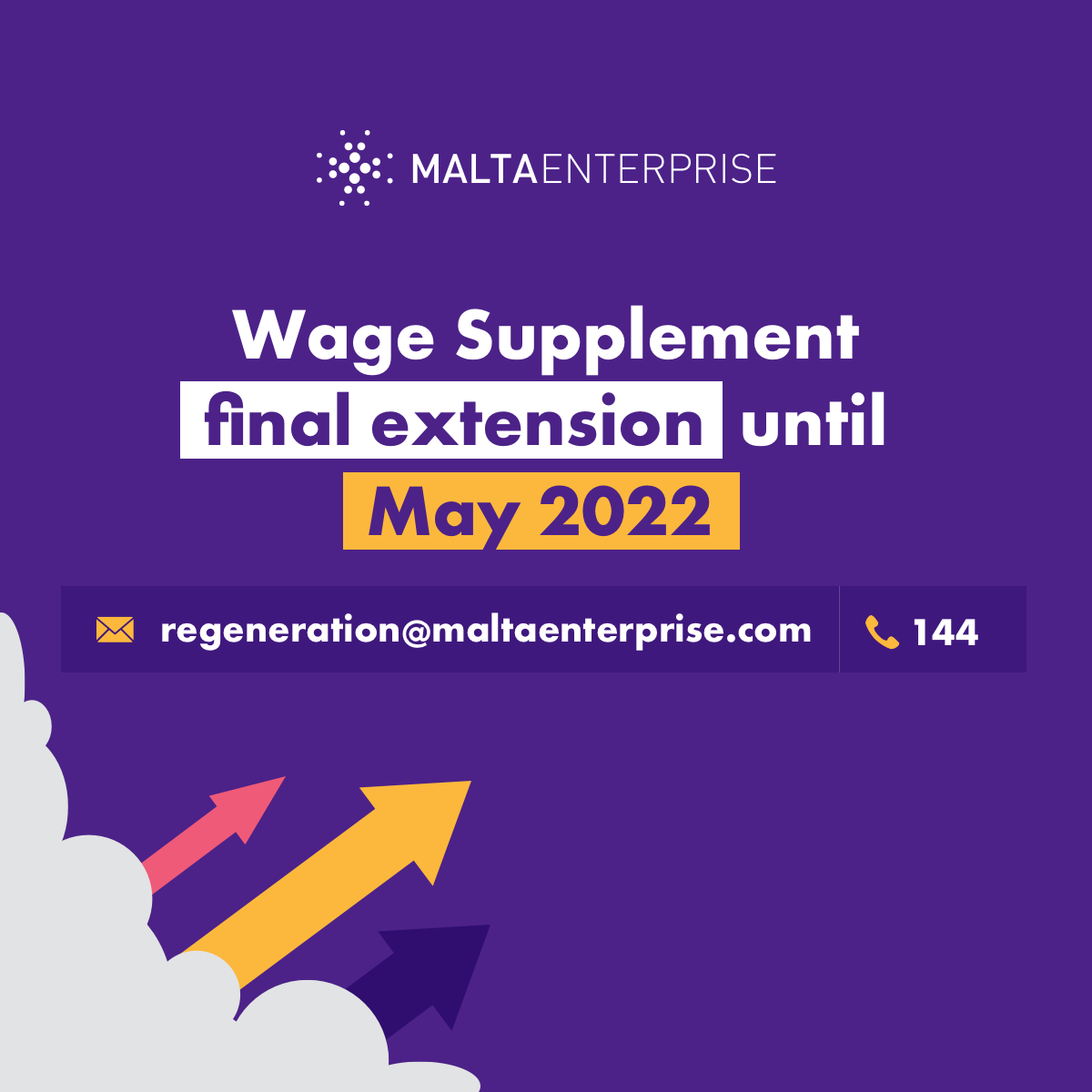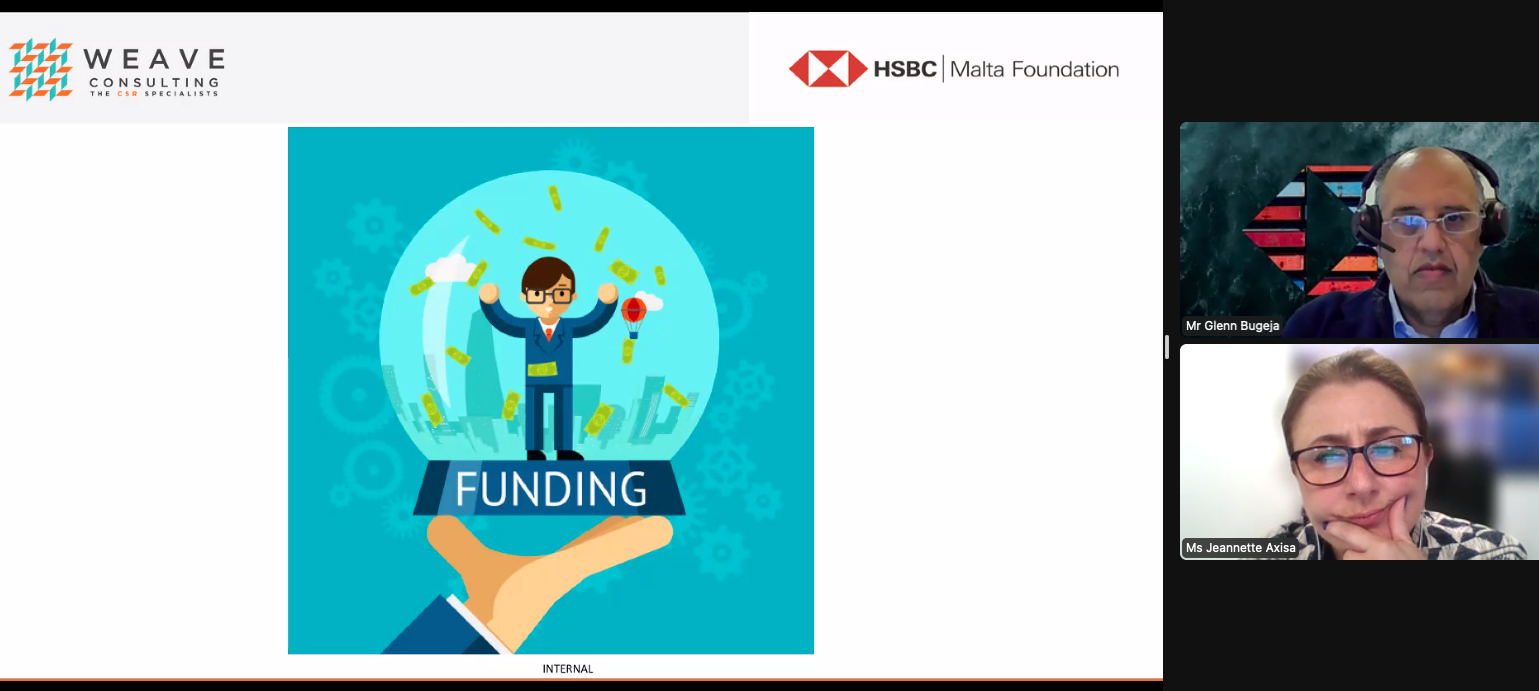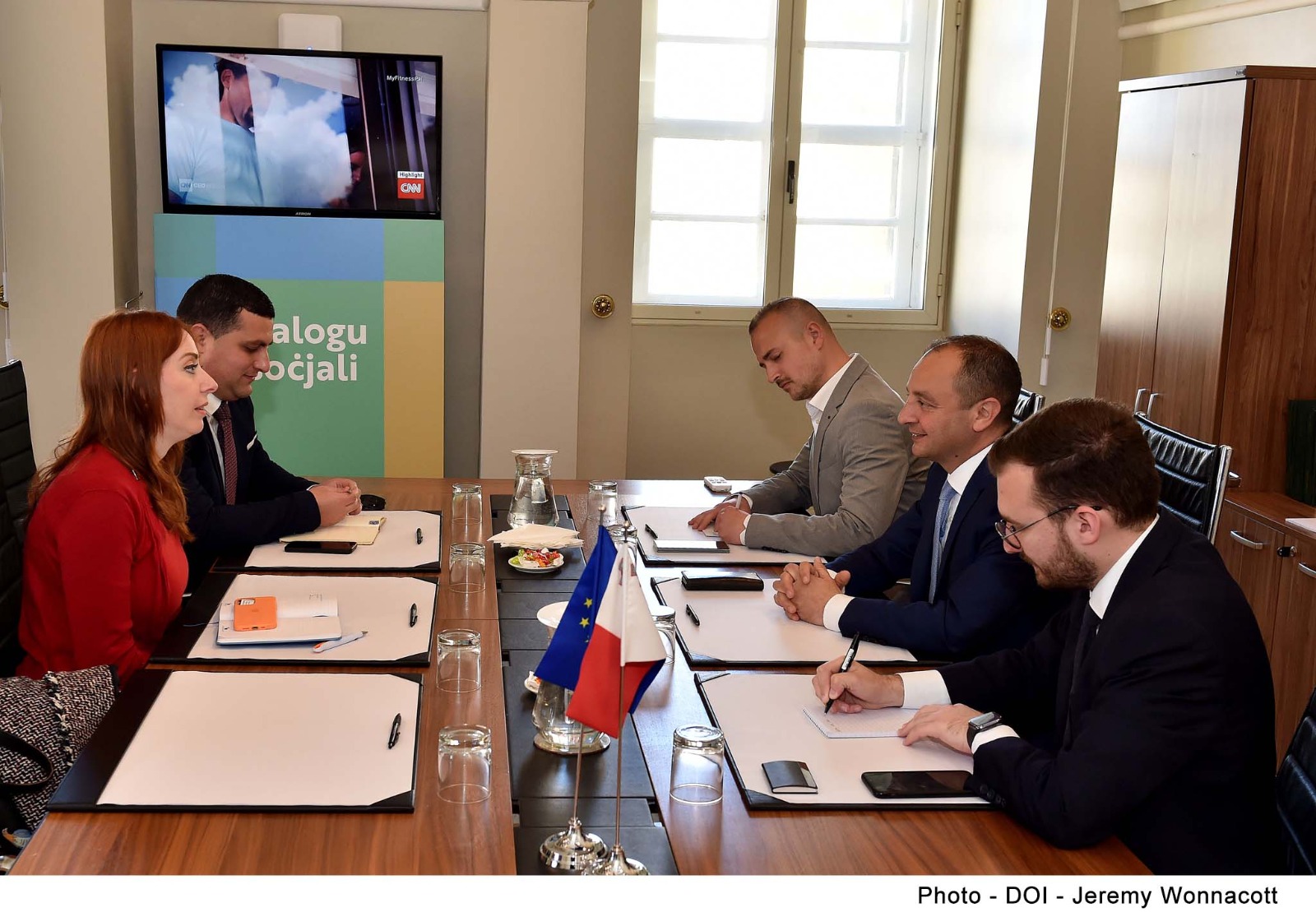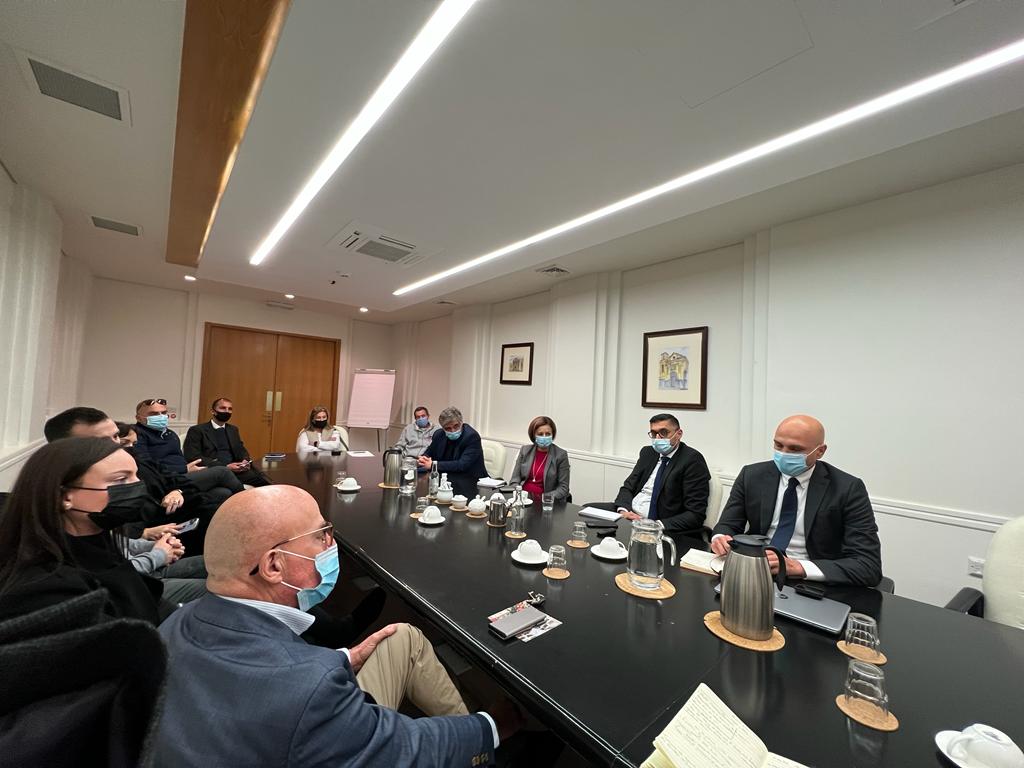During the first council meeting 6 Vice-Presidents were elected

Paul Abela has been confirmed as Malta Chamber of SMEs President for the year 2022-2023.
Following the Annual General Meeting held last week, today the first council meeting took place, during which Mr Paul Abela was elected and confirmed as President of the Malta Chamber of SMEs.
Mr Abela thanked the SME Chamber members and the executive council for electing him once again as President of the Malta Chamber of SMEs. He insisted that throughout this year he will continue his work in defending the interests of SMEs.
Mr Abela thanked the organisation’s CEO, Ms Abigail Mamo and the SME Chamber Staff for their hard and dedicated work and stated that the organisation was never as professional and held such a high profile as it did today.
During the first council meeting, Philip Fenech was confirmed as Deputy President – policy and strategy of the SME Chamber and 5 officers were elected as Vice-Presidents, Marcel Mizzi Vice President – finance and administration; Sergio Camilleri Vice President – sectors; Michael Galea Vice President – districts and localities and Noel Gauci Vice President – International Relations and Mr Robert Micallef was elected for the first time as Vice President – Training and Development.
